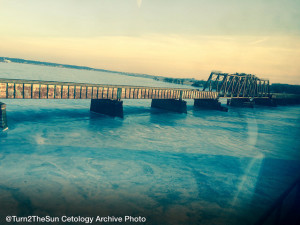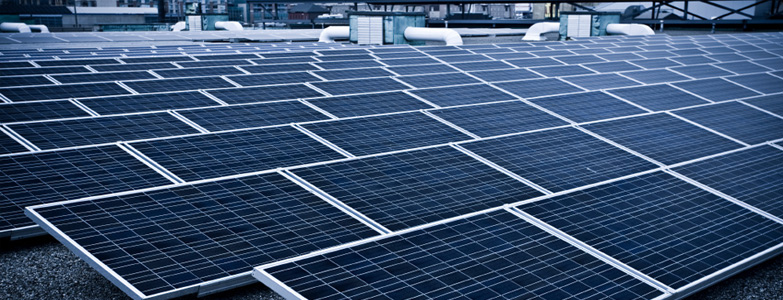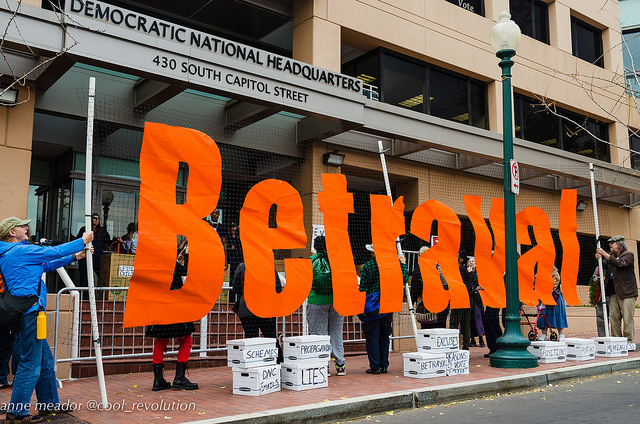
A breach of an electron pipe at a solar panel farm spilled millions of gallons of energy into the Potomac River near Seneca, MD overnight. High concentrations of electrons and photons were detected at the spill site and appeared to have flowed as far as Great Falls, Virginia by dawn.
The Environmental Protection Agency dispatched scientists and technicians to set up water buoy dams to contain the spill, but most of the ions had already dispersed. One EPA official called the river running through the nation’s capital in “imminent and substantial danger” of being permanently contaminated.
Many people living nearby are convinced that the response to the spill was inadequate.
“Why was there such a delay in announcing this to the public?” asked Shaun Corbin, a nearby resident. “The company should have taken responsible precautions.”
The Coast Guard immediately made the Potomac off-limits to fishing and boating. Water sources were temporarily capped, and the public is encouraged to conserve water and fill bathtubs.
Estuaries along the Tidal Basin and Chesapeake Bay watersheds could be threatened by as early as this afternoon.
The EPA will continue testing water levels until the electrons dissipate, but several scientists predicted that residual effects would last for years. Beatrice Wax, a biologist with Earth Comes First (ECF), said that consequences could include a significant increase in glow fish, hum bees, and electric eels.

“These unregulated solar farms present a clear danger to wildlife and the environment,” said Wax. “Not to mention crucial drinking water sources for thousands of people.”
This latest incident marks a growing trend in solar pipe ruptures. Since January, three spills in Maryland and one in Vermont affected local rivers, causing floral plumes.
Environmentalists have been waging strong opposition to new solar farms, taking their protests to the Federal Energy Regulatory Commission (FERC) and Congress over the last few years. But the solar industry has lobbied effectively to keep them operating.
Jeff Wrangler, President of industry group Solar Technology for America’s Next Kickback (STANK), deflected criticism. “We have worked diligently to protect the environment from itself,” he said. “But Mother Nature keeps getting in the way.”





